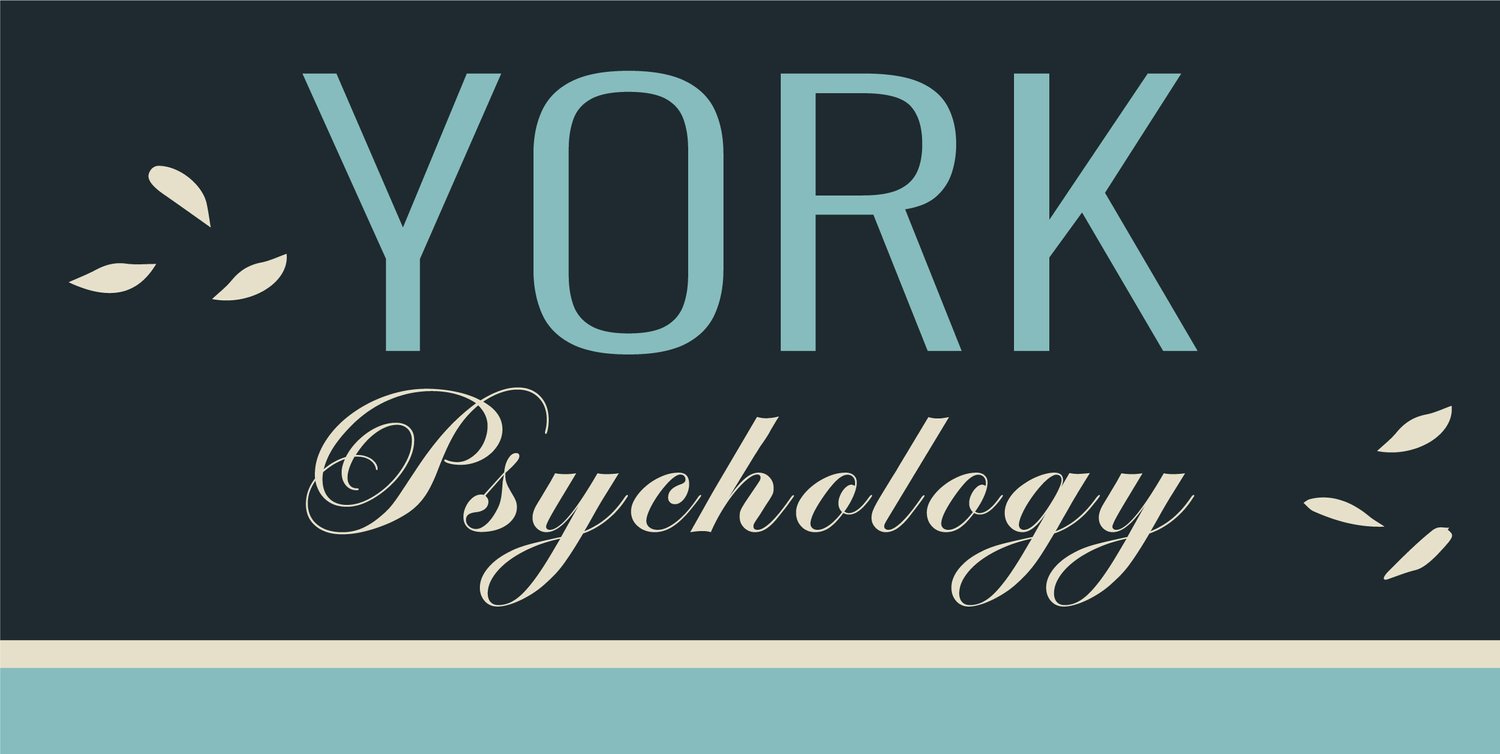Is it December yet?
A good friend of mine - a high school teacher - posted that as his status on Facebook the other day. Many of my friends and family members are teachers, and I’ve seen them sharing similar sentiments across social media since… the first week of September this year. It seems that no matter where you are, what grade level you’re teaching or what school, city, or town - exhaustion has set in.
The burnout is real.
A good friend of mine - a high school teacher - posted that as his status on Facebook the other day. Many of my friends and family members are teachers, and I’ve seen them sharing similar sentiments across social media since… the first week of September this year. It seems that no matter where you are, what grade level you’re teaching or what school, city, or town - exhaustion has set in.
The burnout is real.
When I was counselling teachers during my internship last year, I heard the same thing, starting in middle of September. “I love my job! But I am having a harder and harder time getting out of bed in the morning.” “Sometimes I sit in my car in the parking lot and try not to have an anxiety attack before going inside.” “All I do is come home, flop on the couch, and watch Netflix until I crawl into bed. I don’t have energy for anything these days. I just survive until bedtime and then do it all over again.” And then they would ask, “What’s wrong with me?”
And time and time again, I would tell them, nothing is wrong with you. You’re not broken. The systems you work and live in are, though.
It’s the fourth school year impacted by COVID-19 and not only are health challenges still a concern, so are all the cracks that were there before COVID-19, but have somehow been magnified by the pandemic: A horrifying scarcity of resources. Increased classroom complexity, including student behavioural and mental health needs that could really be categorized as a pandemic of their own. “Learning loss”. Increased paperwork and administrative duties. Curriculum changes that are developmentally way off the mark for what students know, can do, or should be asked to do. Things were hard before COVID hit, but the past few years have seen the wheels falling off the bus. There’s never enough time to get everything done, but there are always new things added to your plate.
One of my clients described it as, “I’m carrying around a backpack of rocks up a huge hill. And no one is taking anything out - they just keep adding more rocks. And there are kids climbing on me, and I can’t do anything but keep moving. There’s no way to stop.”
Does that sound familiar?
My work centers around supporting teachers to take off that backpack - to sit and rest for a while while they get their bearings, and learn what is within their scope to change so that everyday is not the same old grind. Things are hard, but they don’t have to be this hard. There are ways to make it better.
I realize that there are many things that aren’t in your control - you can’t choose your students, your admins, or your working conditions. You don’t have much autonomy over your workload these days. You’re just trying to survive the avalanche of tasks thrown at you, on top of actually teaching and regulating kids and having relationships with the students in your classes who have widely different needs.
However! You are a human person with a nervous system and a brain and a body that deserves self-compassion and care. I firmly believe that one of the education system’s biggest flaws is that we have forgotten this - we have forgotten the humanity of the people in our buildings, students and staff alike. Without a clear understanding of things like interpersonal neurobiology (how our brains and bodies interact with others’), including the stress cycle, attachment needs, and what is developmentally appropriate for all folks involved (e.g. getting adequate amounts of rest and play instead of chasing the never-ending grind of work work work), we are stuck and will stay stuck in an endless cycle of burnout.
My work as a therapist is to teach you about all of these things - about how your nervous system works, how you can regulate it, how you can hack the stress cycle to get back to a calmer baseline - so that you can feel human again. You’re more than just your work. I’ll try to share useful tidbits about these things here on the blog with the hope that something will land and you can start to feel a little better.
If you are ready for more - if the burnout is impacting your life, wellness, and mental health, then please reach out and connect with me. I’d love to support you. Email me at laurel@yorkpsychology.org or book a free consult today.

